No magic cure
A natural question for anyone who has had a kidney stone is “What can I do to prevent getting another one?” Unfortunately for most people however, there is no magic cure.
Tests
The majority of kidney stones we see in New Zealand are composed of calcium and oxalate. This doesn't mean that reducing the amount of these substances in your diet will prevent stones from recurring. As part of your workup, we check blood and urine tests and also test what the stone is composed of. If you are a frequent stone former or have stones in both kidneys, we will often perform more advanced tests, and often refer you to a renal physician.
What can I do?
For those with calcium-related stones, the best advice is:
Have a good fluid intake
Have a diet rich in high alkali fruits and vegetables
Reduce your salt intake
A small proportion of people will have stones composed of uric acid, which can be related to gout. In these cases, aggressive management of gout, as well as reversing the urine acidity with Ural sachets can be very effective in dissolving stones. This can also prevent new stones from forming.



